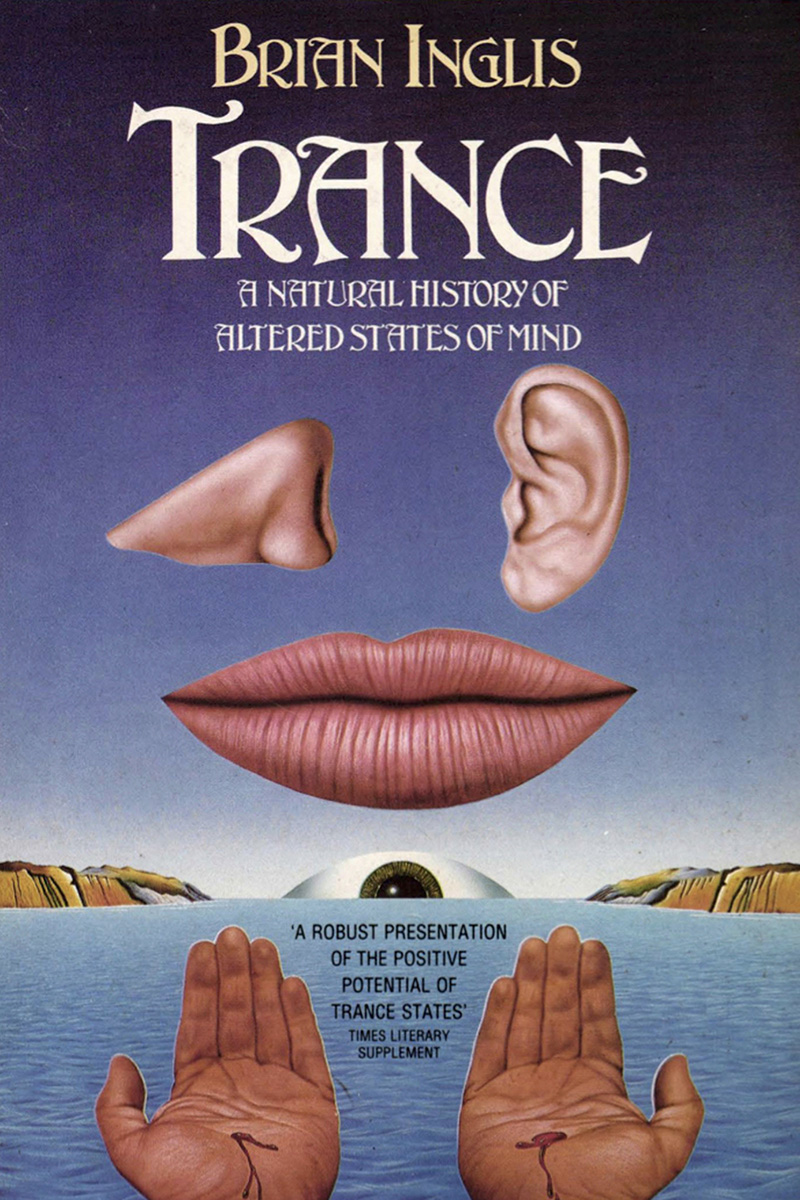Summary
This survey of evidence about trance, from the earliest times to the present day, shows how the different varieties stem from a common evolutionary source. The author contends that this arose initially in the animal world for purposes of protection, but it has developed to provide us with a link between our subliminimal minds, with its vast but only partially tapped resources, and our conscious selves. He suggests that if we can come to understand the function of the trance we will find in it an ally capable of transforming our lives. The book examines hysteria, mass hysteria, hypnotism, auto-suggestion, mesmeric trance, automatism, mediumship, sleep and mystical states.
This popular history of how trance has been perceived begins with a historical overview of its types and components. There follows a chapter on trance in shamanism and its presence in early Christianity, where it was seen as a sign of grace until, following St. Augustine, it became associated with the devil and still later, with hysteria. Next, he deals with trance in animal magnetism, hypnotism, and spiritism. During the materialistic years of the first half of the 20th century, trance was considered as co-consciousness. It surfaced in cases of shell shock in World War I. In the last half of this century scholars in many disciplines became interested in trance.
Inglis presents the views of psychologists, psychiatrists, neurologists, anthropologists, parapsychologists, and physicians. In a chapter entitled “Two Mysteries,” he discusses trance incombustibility and fire-walking, spontaneous human combustion, and the experience of ecstasy, wherein humans appear to contact “mind-at-large.” In the last chapter, he concludes that trance has been prevented from being studied and valued because of scientism. He presents reasons why “trance needs rehabilitation in practice, as well as in restoring it to its rightful position in science”
“A robust presentation of the positive potential of trance states”
~ Times Literary Supplement
‘A lucid and elegant book with more than a touch of acid and a real pleasure to read’
~ Anthony Clare, Irish Independent
Key words: DMT, Ayahuasca, LSD, Psychedelics, OBE, out of body experience, NDE, Psilocybin, shamanism, magick.

